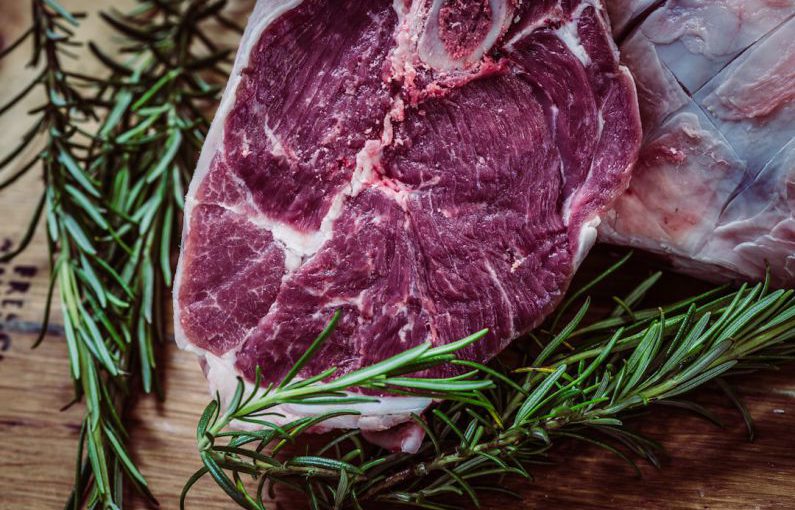In recent years, the concept of in-vitro meat, also known as lab-grown meat or cultured meat, has gained significant attention as a potential solution to the environmental and ethical concerns associated with traditional animal agriculture. This innovative technology involves growing animal muscle tissue from stem cells in a lab setting, offering a more sustainable and humane alternative to conventional meat production methods. With advancements in biotechnology and increased consumer interest in sustainable food options, the potential of in-vitro meat to revolutionize the food industry is becoming increasingly evident.
### Environmental Sustainability
One of the most compelling aspects of in-vitro meat is its potential to address the environmental challenges posed by traditional livestock farming. The livestock industry is a significant contributor to greenhouse gas emissions, deforestation, water pollution, and biodiversity loss. By producing meat in a lab setting, in-vitro meat has the potential to drastically reduce the environmental footprint associated with meat production. Studies have shown that cultured meat requires significantly less land, water, and energy compared to traditional livestock farming, making it a more sustainable option for feeding a growing global population.
### Ethical Considerations
In addition to its environmental benefits, in-vitro meat also offers a more ethical approach to meat consumption. The process of raising and slaughtering animals for food has long been a subject of ethical debate, with concerns about animal welfare and suffering at the forefront. In-vitro meat provides a cruelty-free alternative, as it does not involve the need to raise and slaughter animals for meat production. By growing meat from animal cells in a lab, this technology has the potential to transform the way we think about meat consumption and alleviate ethical concerns associated with traditional animal agriculture.
### Health and Nutrition
Another area where in-vitro meat shows promise is in improving the health and nutritional profile of meat products. Cultured meat can be tailored to have specific levels of fat, protein, and other nutrients, offering a more controlled and consistent product compared to conventional meat. This precision in nutrient composition can help address health concerns related to excessive saturated fat and cholesterol in traditional meat products. In-vitro meat also has the potential to reduce the risk of foodborne illnesses associated with conventional meat production, as it eliminates the need for antibiotics and pesticides commonly used in industrial farming.
### Market Potential
As consumer preferences shift towards more sustainable and ethical food choices, the market potential for in-vitro meat continues to grow. Several companies are already investing in research and development to bring cultured meat products to the market, with some products already available for purchase in select markets. While the cost of producing in-vitro meat remains a challenge, ongoing advancements in technology and scale-up efforts are driving down production costs and making cultured meat more accessible to consumers. As awareness of the environmental and ethical benefits of in-vitro meat increases, it is likely to become a mainstream food option in the coming years.
### The Future of Food
In-vitro meat represents a significant innovation in the food industry, offering a sustainable, ethical, and nutritious alternative to traditional meat products. As technology continues to advance and consumer demand for sustainable food options grows, in-vitro meat has the potential to play a key role in shaping the future of food. By unlocking the potential of cultured meat, we can address pressing environmental and ethical challenges, while also providing consumers with a healthier and more sustainable choice for meat consumption. As we look towards a more sustainable and ethical food system, in-vitro meat stands out as a promising solution with the potential to revolutionize the way we produce and consume meat.





